Understanding Light Sensors
Light sensors are integral components in modern lighting systems, designed to detect ambient light levels and adjust illumination accordingly. These sensors offer energy-efficient solutions for both indoor and outdoor lighting, ensuring that light is provided where and when it's needed. By understanding the role of light sensors in various settings, businesses can optimize their lighting strategies for efficiency, safety, and aesthetics.
Types of Light Sensors
The market offers a variety of light sensors, each suited to different applications. Motion sensor lights activate when movement is detected, providing convenience and enhanced security. Photocells, also known as photo cells, respond to changing light conditions, automating lighting systems based on the time of day. For outdoor use, outdoor sensor lights and solar motion sensor lights are popular for their ability to conserve energy while providing ample illumination. LDR sensors (light-dependent resistors) are another common type, varying resistance based on light intensity.
Applications of Light Sensors
Light sensors have a broad range of applications. In residential settings, ambient light sensors help maintain comfortable light levels, reducing strain on the eyes. For security purposes, security lights with built-in sensors deter intruders and enhance safety. Commercial spaces often utilize movement detector lights to highlight products and create dynamic displays. Additionally, exterior light with sensor technology is widely used in street lamps and outdoor pathways to improve visibility and safety after dark.
Features and Materials
The effectiveness of light sensors is largely dependent on their construction and features. Materials such as durable plastics and metals are commonly used to house the sensor components, providing resilience against environmental factors. Advanced sensors may include features like adjustable sensitivity, range of detection, and programmable timers, allowing for a customized lighting experience. The integration of solar powered security lights combines sensor technology with renewable energy, offering a sustainable lighting solution.
Advantages of Light Sensor Technology
Incorporating light sensors into lighting systems presents numerous advantages. Energy efficiency is a significant benefit, as sensors reduce power consumption by ensuring lights are used only when necessary. This not only lowers energy bills but also extends the lifespan of lighting fixtures. Furthermore, the convenience of automated lighting, such as motion lights and exterior motion sensor lights, enhances user experience by removing the need for manual control. Lastly, the safety improvements provided by strategically placed motion detector lights outdoor can contribute to a safer environment for both residential and commercial properties.
Selecting the Right Light Sensor
Choosing the appropriate light sensor requires consideration of the intended application, desired features, and environmental factors. Alibaba.com's platform connects buyers with a diverse range of suppliers offering various light sensor solutions to meet specific needs. Whether seeking to improve home security with outside lights with sensor or to enhance business ambiance with subtle indoor sensor lighting, the right product can be sourced without the hassle of navigating through countless retailers.

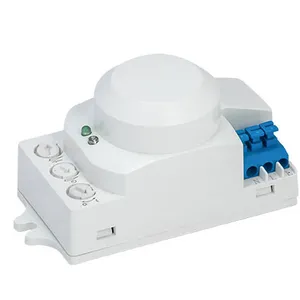
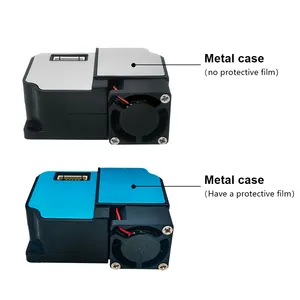

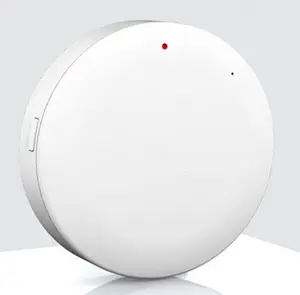

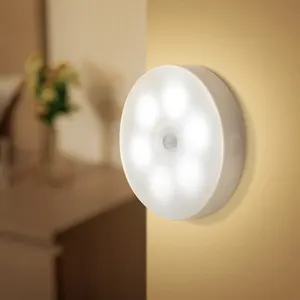



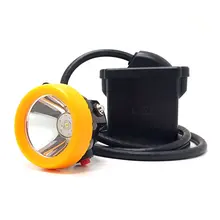

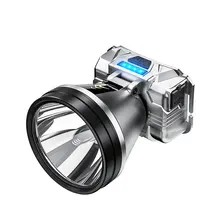


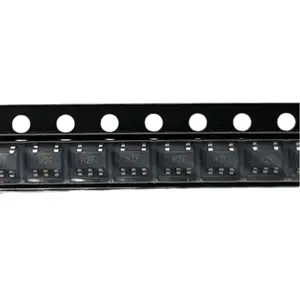












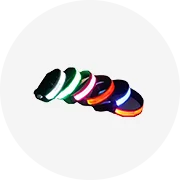









 浙公网安备 33010002000092号
浙公网安备 33010002000092号 浙B2-20120091-4
浙B2-20120091-4